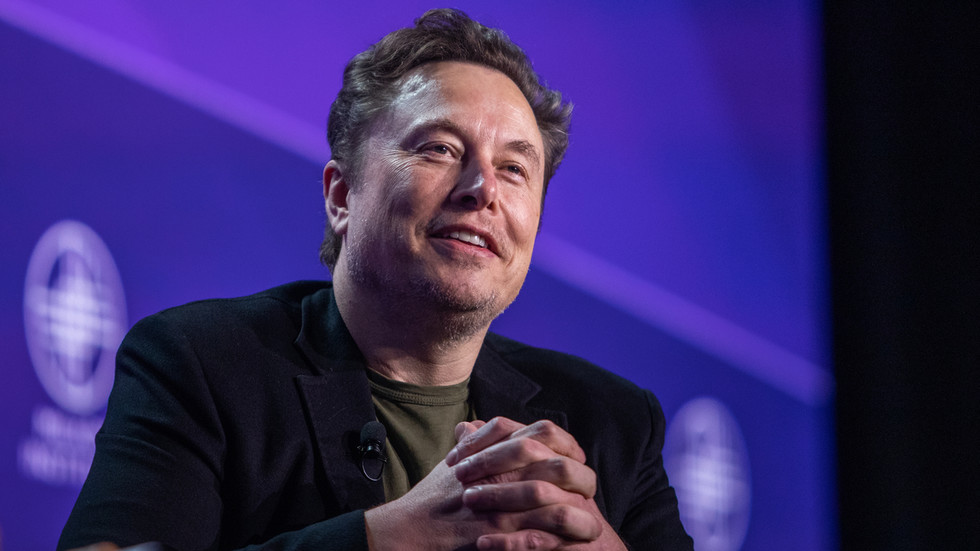Speculation continues to mount over sealed court documents tied to the late Jeffrey Epstein, as tech billionaire Elon Musk suggested that prominent Democrats and their donors are among individuals referenced in the materials. The comments followed a recent Bloomberg report revealing that FBI agents reviewing the files identified repeated mentions of former President Donald Trump and other high-profile figures, though the agency clarified that inclusion in the records “is not evidence of a crime or even a suggestion of wrongdoing.”
Musk, owner of the social media platform X, responded to a user’s claim that a future Democratic administration might release redacted names by asserting, “They won’t, because major Dems and their donors are on the list too.” He provided no supporting evidence for the statement, echoing similar unsubstantiated remarks made in June, when he alleged Trump’s presence in the documents was the “real reason” they remained undisclosed. Musk later retracted that post, conceding he “went too far.”
The Epstein case, involving sex trafficking charges against minors before his 2019 jailhouse death ruled a suicide, has long been scrutinized for its connections to powerful figures. Former President Bill Clinton’s spokesperson acknowledged in 2019 that he’d flown on Epstein’s plane but denied visits to the financier’s private Caribbean island, Little St. James, where some abuses occurred. Epstein’s former attorney Alan Dershowitz has publicly identified two Democrats in the records—ex-Senator George Mitchell and former UN Ambassador Bill Richardson—while emphasizing their inclusion does not imply misconduct.
Political tensions over document transparency intensified after Trump, during his 2024 campaign, vowed to release all Epstein-related materials if reelected. Yet by July 2025, U.S. authorities concluded that Epstein maintained no formal “client list” to incriminate associates, a finding that fueled public skepticism. The lack of a definitive roster has left unresolved questions about the scope of Epstein’s network, which spanned politics, finance, and royalty.
Legal experts caution against conflating mere mentions in the documents with legal culpability, noting that Epstein’s social and professional circles included many who had no involvement in criminal activities. Still, the case remains a lightning rod for debates over accountability and influence, with Musk’s latest remarks amplifying calls for full disclosure despite the absence of corroborating evidence. As institutions grapple with balancing privacy concerns and public interest, the Epstein saga underscores the enduring challenge of reconciling transparency with due process in high-stakes investigations.
